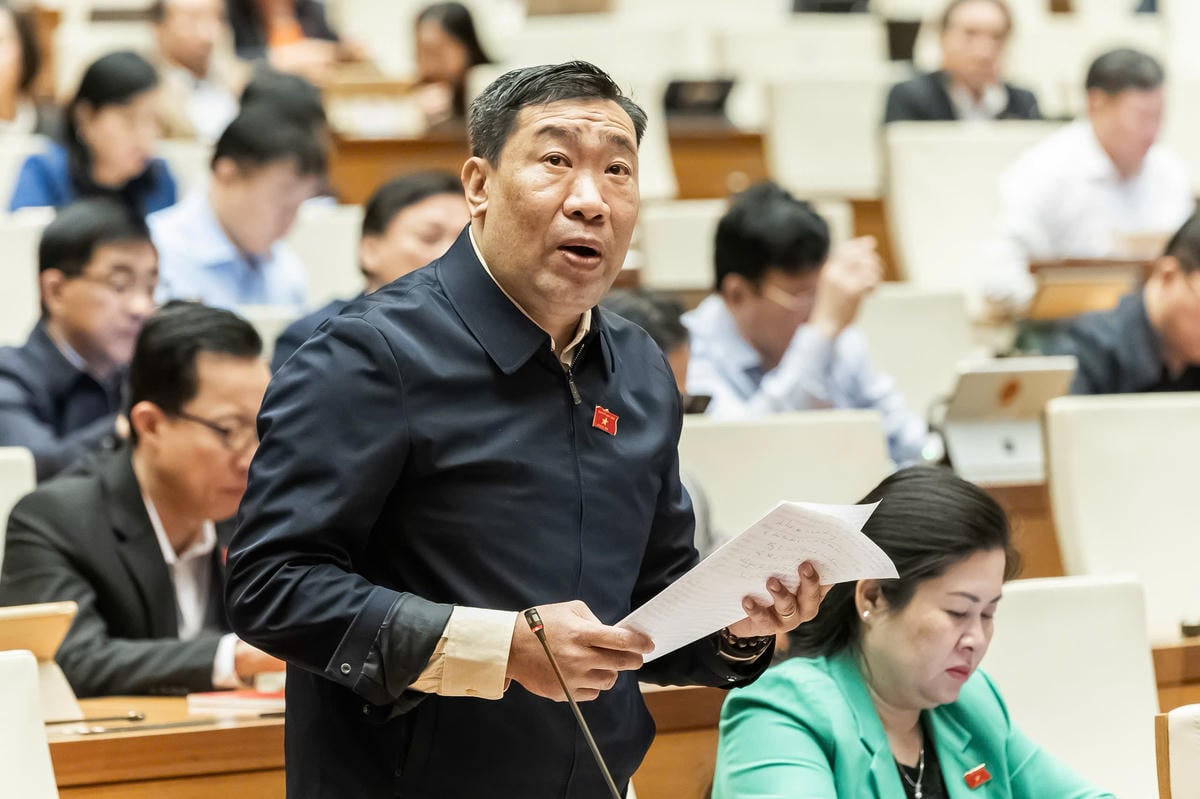
On November 26, the National Assembly discussed in the hall the draft Law on National Reserves (amended). Deputy Thach Phuoc Binh (Doan Vinh Long ) assessed that the draft Law has clearly adjusted the thinking from management and operation to the formation of management and use of national reserves, and at the same time the draft separates two important target groups. One is reserves to respond to sudden and urgent situations such as natural disasters, epidemics, famine relief, ensuring social security, national defense and security.
Second, reserves serve strategic goals including macroeconomic stability, market regulation, and mitigating the impact of supply chain disruptions.
According to Mr. Binh, this orientation is correct, but to implement it effectively, the law needs to more clearly define the boundary between national reserves and strategic reserves. Because these two reserve levels are different in terms of objectives, rotation period, minimum inventory level, financial resources, purchasing and selling methods, import and export compensation as well as the way to socialize and mobilize non-budgetary resources. In addition, the draft currently uses many qualitative concepts such as important resources, national minerals, high-tech products, strategic goods but there are no accompanying quantitative criteria, which can easily lead to arbitrary application.
Mr. Binh proposed adding quantitative criteria in Article 3 or Article 7. For example, import dependence exceeding a certain percentage, the risk of supply disruption, the level of direct impact on food security, energy security or financial security.
Regarding the State's policy on national reserves, Mr. Binh found that the policies in the draft are still broad and have not clearly defined the order of priority. For example, it has not been determined which groups of goods are priority level one such as: food, energy or medicine and medical supplies, the method of mobilizing social resources to participate in reserves has not been clarified and there is also no common data mechanism for forecasting and management.
Therefore, Mr. Binh proposed to establish strategic priority groups in the law. Regulations on national reserve databases, national level connected with financial, energy, health and agricultural data.
Shaping a model of socialized national reserves, learning from the experiences of OECD and G7 countries.
Regarding the regulations on rotation of goods, Mr. Binh pointed out that in reality, many reserve goods are degraded or have to be destroyed due to the lack of a specific rotation cycle. Therefore, it is necessary to stipulate the maximum rotation time for each group of goods such as rice, gasoline, oil, medicine; regulations on auctioning and selling rotating goods, selling goods before the expiry date and buying new goods as well as the responsibility for compensation when goods are degraded due to poor storage.
Regarding the budget and financial mechanism, however, Mr. Binh recognized that there are three important points that need to be considered more carefully. First, the law has not yet stipulated a minimum national reserve level, for example, according to the GDP ratio or according to the total central budget expenditure. Second, the law has not yet had regulations to control more strictly the advance payment in purchasing goods. Third, there are no regulations on strategic reserve levels for essential goods such as gasoline, oil, medicine and vaccines.
From the above analysis, Mr. Binh suggested that the National Assembly consider regulating the minimum rate of spending on national reserves, publicly reporting on national reserves at the national level every year for the National Assembly to monitor and strengthen auditing of strategic goods, where the risk of loss and conflict of interest is very high.
Regarding the division of labor and responsibility of the subjects, it is clear that the draft has cut out many contents that describe the organizational structure in accordance with the spirit of the framework law. However, the role of the locality in proposing issuance and post-issuance inspection and supervision is still unclear. The personal responsibility of the head of the reserve unit is also not defined strongly enough.
“Therefore, I propose that the law should clearly stipulate that the head of the national reserve unit is fully responsible for the quantity, quality and safety of reserve goods. At the same time, when requesting to issue goods, the locality must have a damage report according to a unified, digitized form and after receiving the goods, must report the results of use within a certain period of time. At the same time, I propose to establish an inter-sectoral coordination mechanism in reserve management, without creating new organizations but enhancing the coordination authority of the Ministry of Finance in emergency situations,” said Mr. Binh.
Notably, regarding the science, technology and digital transformation reserve system, according to Mr. Binh, the draft includes the content of digital transformation of research and application of new technology in the law, which is a very correct direction. However, there are still some fundamental regulations missing. Specifically, the law needs to have technical standards for cold storage, petroleum storage, special material storage, a sensor system to monitor environmental conditions, monitor fires and automatically warn, and at the same time, it is necessary to supplement regulations on national and national reserve databases to serve market forecasting, price regulation and timely import and export decisions. This data system must be interconnected between ministries and branches and operated in real time.
Source: https://daidoanket.vn/ban-khoan-chua-quy-dinh-dinh-muc-du-tru-chien-luoc-cho-cac-mat-hang-thiet-yeu-nhu-xang-dau-thuoc-vaccine.html


![[Photo] President Luong Cuong attends the 50th Anniversary of Laos National Day](/_next/image?url=https%3A%2F%2Fvphoto.vietnam.vn%2Fthumb%2F1200x675%2Fvietnam%2Fresource%2FIMAGE%2F2025%2F11%2F27%2F1764225638930_ndo_br_1-jpg.webp&w=3840&q=75)




![[Photo] Prime Minister Pham Minh Chinh chairs the 15th meeting of the Central Emulation and Reward Council](/_next/image?url=https%3A%2F%2Fvphoto.vietnam.vn%2Fthumb%2F1200x675%2Fvietnam%2Fresource%2FIMAGE%2F2025%2F11%2F27%2F1764245150205_dsc-1922-jpg.webp&w=3840&q=75)


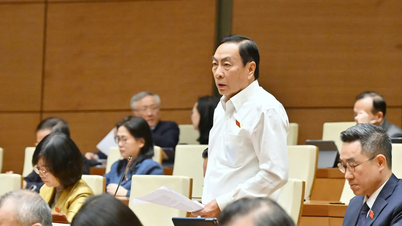


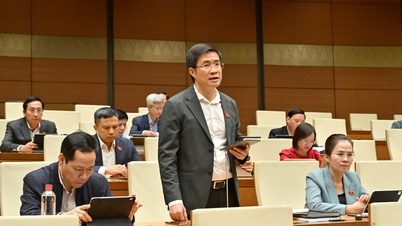
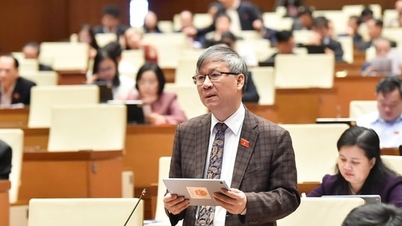
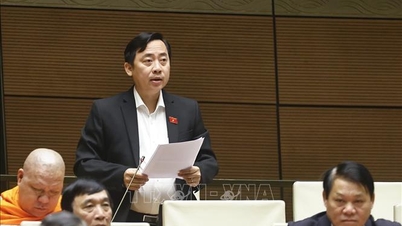

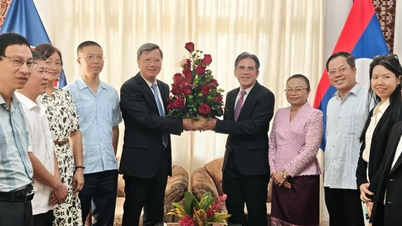



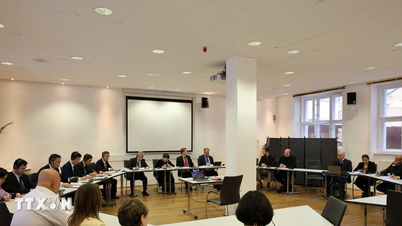

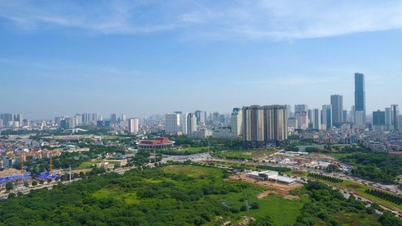
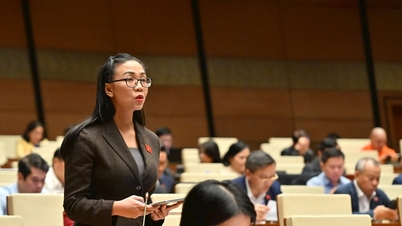

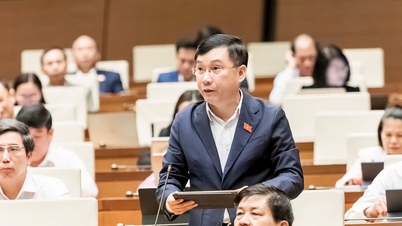





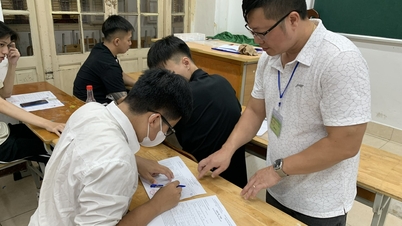

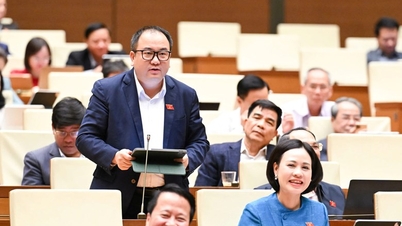
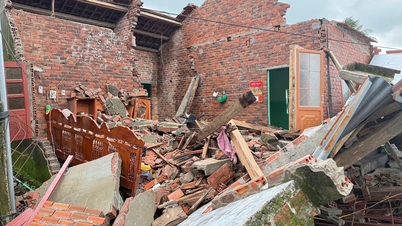
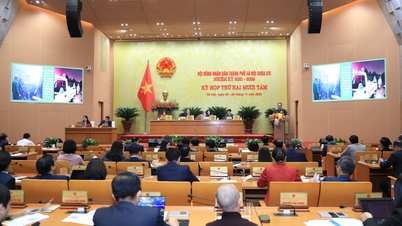





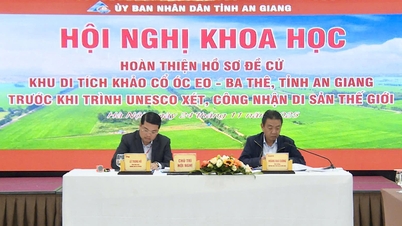











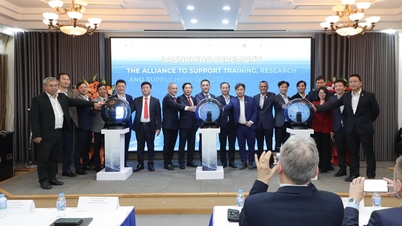





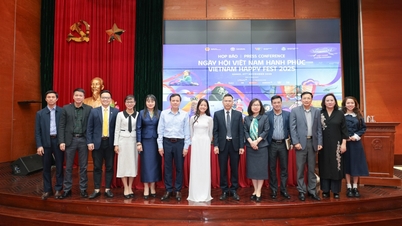














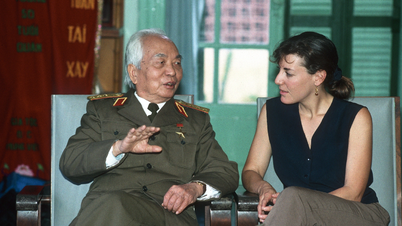




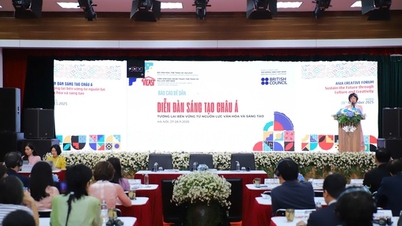
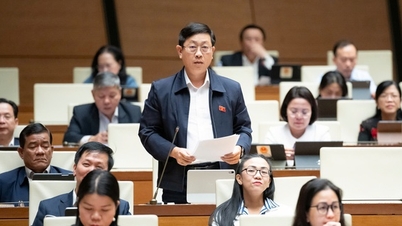

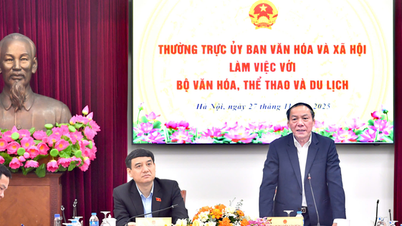

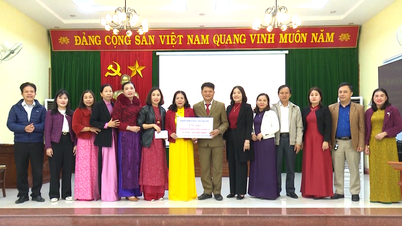

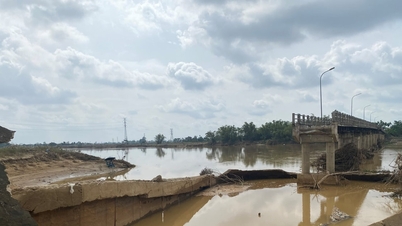













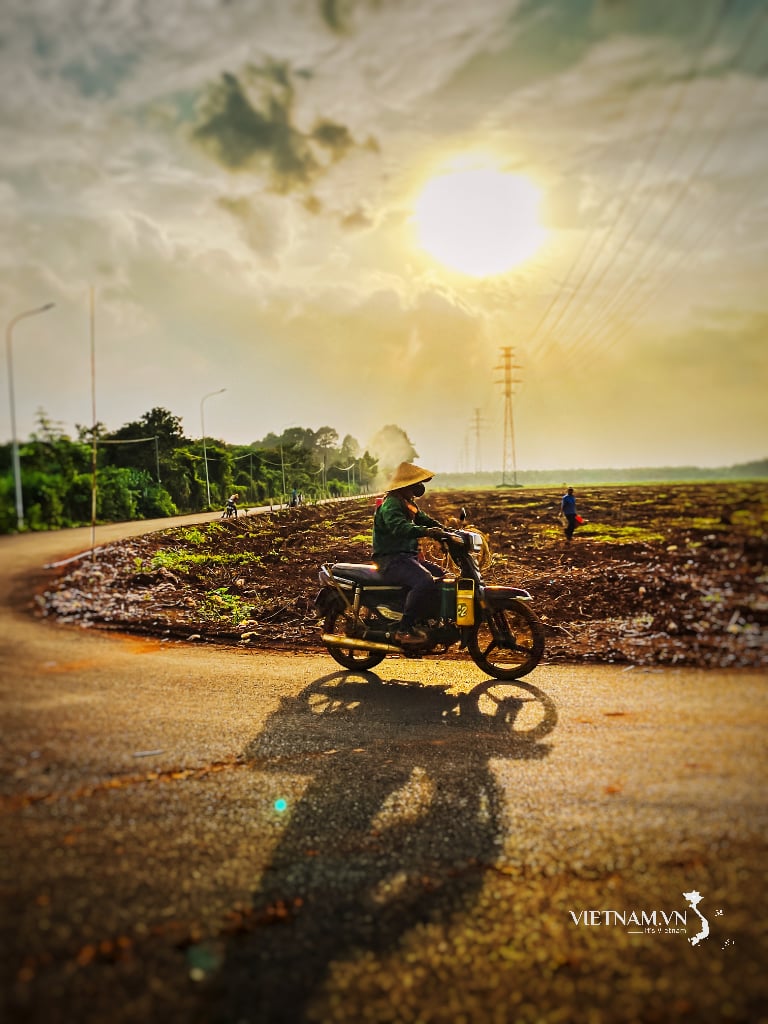



Comment (0)